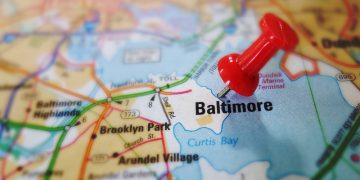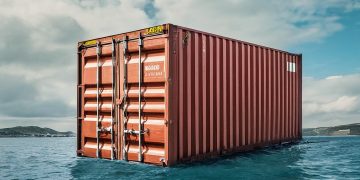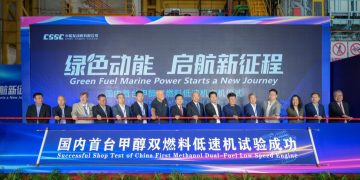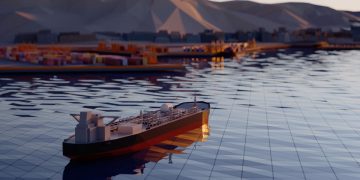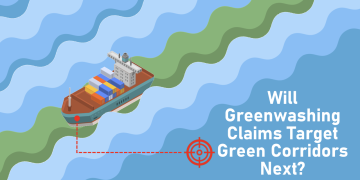Panama Canal – advance submission of ship plans and certificates
In order to verify compliance with ACP Vessel Requirements The Panama Canal Authority (ACP) reminds all customers that vessels transiting the Panama Canal for the first time must submit drawings and certificates in advance, in order to verify compliance with ACP Vessel Requirements.These vessels must present the following documents:Copy of the International Tonnage Certificate (1969) and/or PC/UMS Documentation of Total VolumeBreakdown of the total volume (calculations sheets)Ship ParticularsPilot CardInternational Load Line CertificateSuez Tonnage Certificate (if available)Classification Certificate.Vessels must also present the following plans and documents:General Arrangement PlanCapacity Plan with deadweight scaleLines Plan (or offset table, if Lines plan not available)Midship Section Plan (or Shell Expansion and bilge radius information, if Midship Plan not available)Cargo Securing Manual (if vessel is designed to carry containers, the containers section shall be provided)Visibility Plan (diagram)Container stowage Plan (if applicable)Advance copies of plans/drawings and certificates may be forwarded in AutoCAD format or PDF files (preferably original files from the shipyard) to [email protected] vessels transiting the Panama Canal for the first time that do not have plans available in PDF format, the current procedure for delivering the plans and other documents remains valid. For more information, please refer to Paragraph 2.1(7) of OP Notice to Shipping ...
Read more





